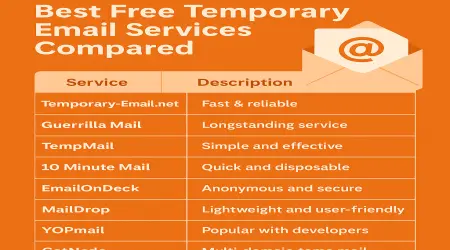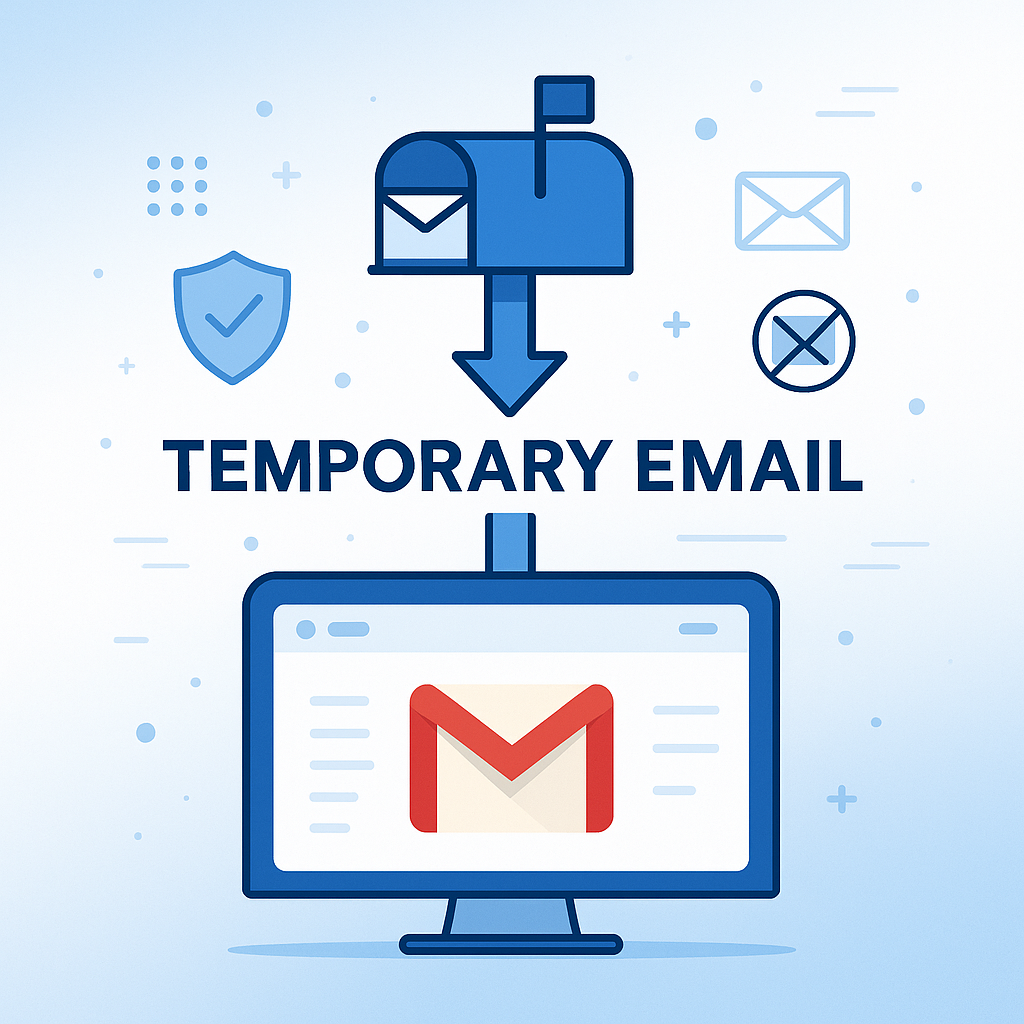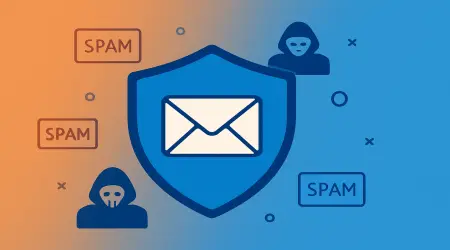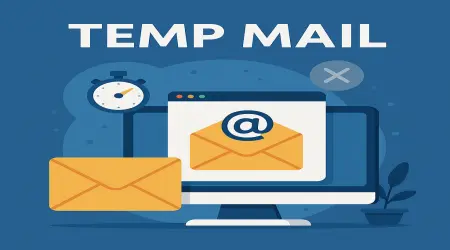

Address Fake Generator: The Ultimate Guide to Fake Address Generators
Introduction
In 2025, privacy concerns are at an all-time high. With the rise of online registrations, app testing, and location-based restrictions, many users seek fake address generators to safeguard personal data. These tools create fictional yet realistic addresses used for testing, sign‑ups, or anonymity online.
This guide explores how fake address generators work, why they’re used, their advantages and limitations, and the best tools available in 2025. By the end, you’ll understand when and how to use them responsibly — and the risks to avoid.
What Is a Fake Address Generator?
A fake address generator is an online tool or software that creates fictional yet realistic addresses. These addresses often include:
Street name and number
City, state, and postal code
Country
Optional phone number or name
Unlike random gibberish, fake addresses are designed to look authentic and pass basic validation forms, making them useful for testing or protecting privacy during online interactions.
Why Do People Use Fake Address Generators?
1. Privacy Protection
Users avoid exposing their real addresses when signing up for websites, apps, or newsletters.
2. Software and App Testing
Developers need realistic data to test location-based features, forms, and APIs.
3. E-commerce and Marketing
Marketers use fake addresses to simulate customer journeys without using personal details.
4. Bypassing Geo‑Restrictions
Fake addresses can help access region‑specific content or pricing (though this may violate terms of service).
5. Educational or Training Purposes
Teachers and trainers use fake addresses in demonstrations without sharing real personal data.
How Does a Fake Address Generator Work?
Fake address generators pull from datasets of real city names, ZIP codes, and street formats to create realistic outputs. Some advanced tools allow customization:
Country/region selection: Choose U.S., U.K., Canada, or worldwide addresses.
Randomization levels: Fully random or semi‑realistic (e.g., real city + fake street).
Additional details: Phone numbers, names, email, and even fake credit card data (for testing only).
Benefits of Using Fake Address Generators
Protect Personal Privacy: Avoid sharing real data with untrusted websites.
Quick Data Creation: Generate bulk addresses for testing databases or apps.
Realistic Output: Addresses look authentic enough for non‑critical forms.
Free and Accessible: Most tools are web-based and free to use.
Time-Saving: Eliminates the need to manually create test data.
Risks and Limitations
Illegal Use: Using fake addresses for fraud or deception is illegal.
Not for Official Documents: Fake addresses cannot replace real ones for legal purposes.
Validation Issues: Some sites verify addresses via postal databases; fake ones may fail.
Ethical Concerns: Misuse may violate terms of service of certain platforms.
Top Fake Address Generators in 2025
Below are leading tools for generating fake addresses, each serving different user needs:
1. AKTO Fake Address Generator
Generates random U.S. and international addresses
Includes optional name, phone, and ZIP code
Useful for developers testing form validations
Pros:
Realistic datasets
Bulk generation supported
Free and fast
Cons:
Limited customization
Focused mostly on U.S. addresses
2. FakeAddressGenerator.com
Provides addresses for multiple countries
Includes additional data like names and birthdates
Good for educational or marketing testing
Pros:
Multi-country support
Extra data fields for testing user profiles
Cons:
Interface slightly outdated
No API access
3. FauxID
Advanced fake identity generator
Combines addresses with emails, usernames, and phone numbers
Popular among penetration testers and QA engineers
Pros:
All-in-one fake identity suite
API available for developers
Cons:
Some features behind paywall
4. RandomAddressGenerator.com
Simple tool for generating U.S.-based fake addresses
Lightweight and fast
No registration required
Pros:
Very easy to use
Quick single or bulk generation
Cons:
U.S.-only database
Lacks advanced features
5. Fake Name Generator (FNG)
Creates full fake identities (name, address, SSN, etc.)
Used widely in software demos and testing
Supports over 30 countries
Pros:
Comprehensive fake identity creation
Multi-country support
Cons:
Data may appear too generic for some use cases
6. Address Generator by Tempail
Integrated with temporary email services
Ideal for anonymous registrations and form testing
Combines fake address + disposable email
Pros:
Privacy-focused
Perfect for quick sign-ups
Cons:
Limited customization for street/city
Comparison Table: Top Fake Address Generators (2025)
| Tool | Multi-Country | Extra Data (Phone/Email) | Bulk Generation | API Access |
|---|---|---|---|---|
| AKTO Fake Address Gen | Yes | Phone | Yes | No |
| FakeAddressGenerator.com | Yes | Name, birthdate | Yes | No |
| FauxID | Yes | Full identity | Yes | Yes |
| RandomAddressGenerator | U.S.-only | Basic address only | Yes | No |
| Fake Name Generator | Yes | Full identity | Yes | Limited |
| Tempail Address Gen | Yes | Email + Address | No | No |
Legal and Ethical Considerations
Is It Legal to Use Fake Address Generators?
Yes — for testing, educational, or privacy purposes, using fake address generators is legal. However, using them for fraud, impersonation, or bypassing legal requirements is illegal and punishable by law.
Ethical Use Cases
App or website testing
Marketing analysis
Teaching demos
Spam avoidance
Misuse to Avoid
Applying for loans or credit with fake data
Evading taxes or legal responsibilities
Deceiving platforms for personal gain
Best Practices for Using Fake Address Generators
Combine with Temporary Emails: Use disposable emails for added anonymity.
Avoid Sensitive Accounts: Don’t use fake addresses for banking or government services.
Check Terms of Service: Ensure the platform you’re using allows test data.
Use VPNs for Extra Privacy: Hide your IP address when generating fake data.
Keep It Ethical: Use strictly for testing or spam prevention — not fraud.
Future Trends in Fake Address Generators
AI-Enhanced Realism: Smarter algorithms generating hyper-realistic data.
Bulk API Integrations: Seamless integration with dev environments and CRMs.
Custom Region Data: Ability to create addresses tailored to specific demographics.
Blockchain Verification: Encrypted fake identity systems for safer testing.
Cross-Tool Integration: Merging with temp email and fake credit card generators.
FAQs About Fake Address Generators
Q: Are fake address generators safe to use?
Yes, they are safe for testing and privacy purposes, provided you use them ethically and avoid sensitive services.
Q: Can fake addresses pass validation checks?
Some may pass basic validation, but advanced postal database checks will flag them as invalid.
Q: Are these tools free?
Most fake address generators are free; some offer paid APIs for developers.
Q: Can I generate fake addresses for any country?
Many tools support global addresses, but some focus on specific regions (e.g., U.S.-only).
Q: Is it illegal to use fake addresses for sign-ups?
Not inherently, but using them for fraud or deception is illegal.
Conclusion
Fake address generators are valuable tools for privacy-conscious users, developers, and testers in 2025. They provide realistic data for form validations, app testing, and anonymous browsing — helping you stay secure without exposing personal details.
When used ethically, they’re a simple yet powerful way to safeguard your privacy. Combine them with temporary email services, VPNs, and secure browsing practices for ultimate online anonymity.
Target Keywords
fake address generator 2025, random address tool, privacy fake address, fake identity generator, anonymous address creator

